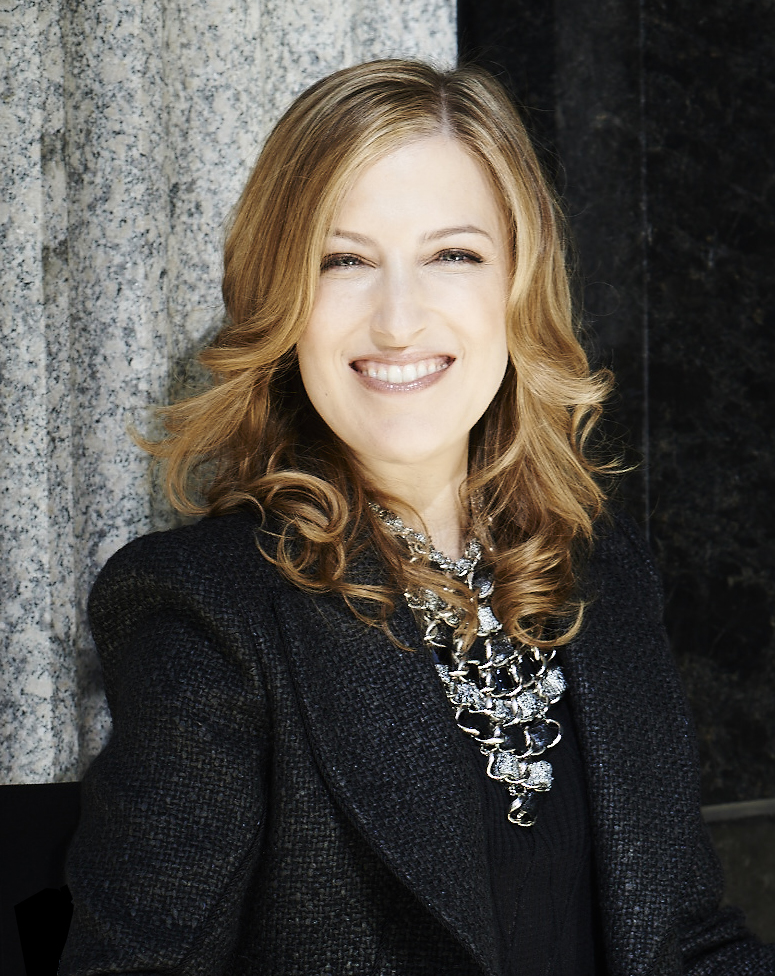Q: My father was diagnosed with a small squamous cell carcinoma on his ear. He says it’s nothing and refuses to go back and have it removed. What can I do to convince him he’ll be better off with treatment?
A: Your father is lucky his skin cancer is small and was detected early. It’s important for him to know, though, that postponing treatment is never a good plan.
Squamous cell carcinoma (SCC) is the second most common type of skin cancer after basal cell carcinoma (BCC). I often explain to patients that while BCCs can grow and do a lot of damage, they almost never spread, or metastasize. SCCs, however, have a small but real chance of that happening if left untreated. I’ve seen a few SCCs metastasize. One was on a woman’s leg. The rest were on men, on the head or neck, since those areas, including the ears, get a lot of sun exposure over the years. I’ve seen patients have to undergo radical surgeries to remove lymph nodes and parts of their neck or tongue. It’s uncommon, but it can happen.
Did your father’s doctor mention Mohs surgery as a treatment? It’s a procedure commonly done on areas like the face and ears, and it provides the highest cure rate with the smallest possible scar. Since the specially trained surgeon also does the lab work on-site, your father can leave that day knowing he is cancer-free.
If he’s resisting because he’s nervous about having surgery, maybe you can help put his mind at ease. You could tell him you’ll drive him to the appointment and sit with him. Remind him he’ll be awake the whole time because the doctor will use local anesthesia. If he continues to refuse treatment, you could pull out the big guns and say, “Your grandchildren want you around for a long time.”
If your father is anxious about how he will look, ears usually heal very well. Mohs surgeons have extensive training in reconstruction, and the ear is a common spot for them to operate on. I’ve seen many cases where a small piece of the ear was removed and the ear was sewn back together beautifully. Once it heals, you can’t even tell.

About the Expert:
Amy Wechsler, MD, is board-certified in both dermatology and psychiatry and practices in New York City. She is assistant clinical professor in dermatology at SUNY Downstate Medical Center, adjunct assistant clinical professor in psychiatry at Weill Cornell Medical College and author of The Mind-Beauty Connection.
* This article was first published in the 2017 issue of The Skin Cancer Foundation Journal.




